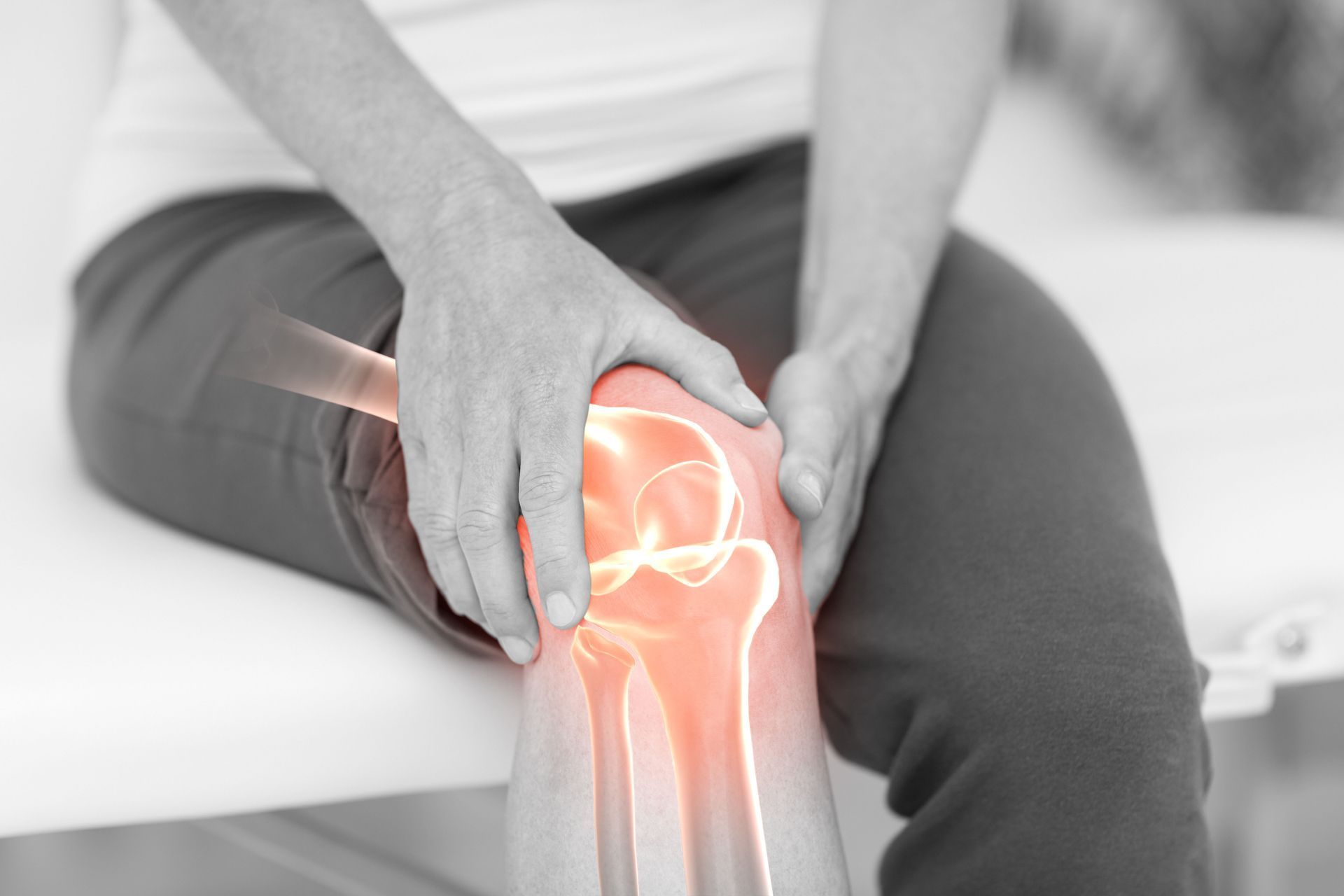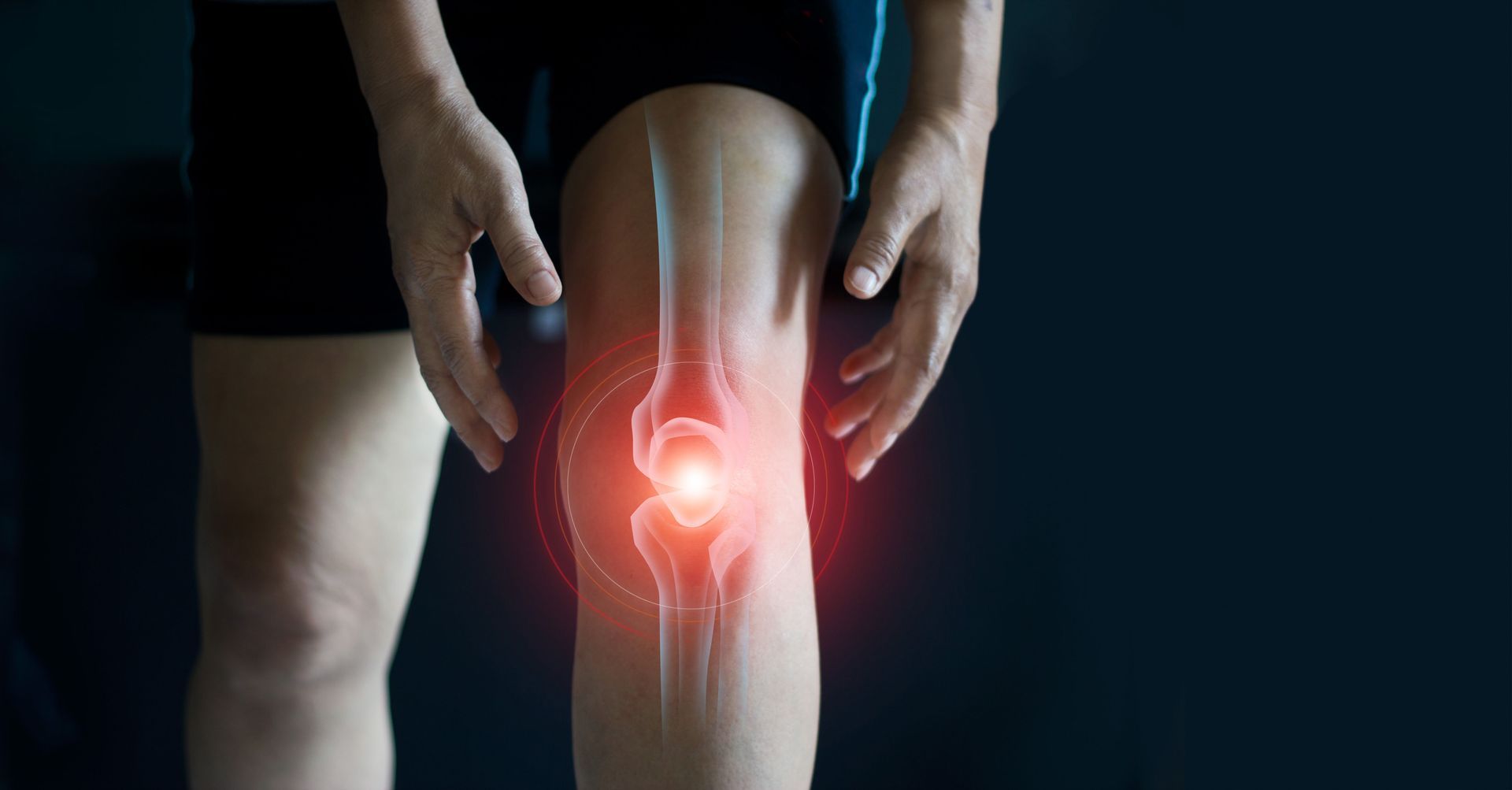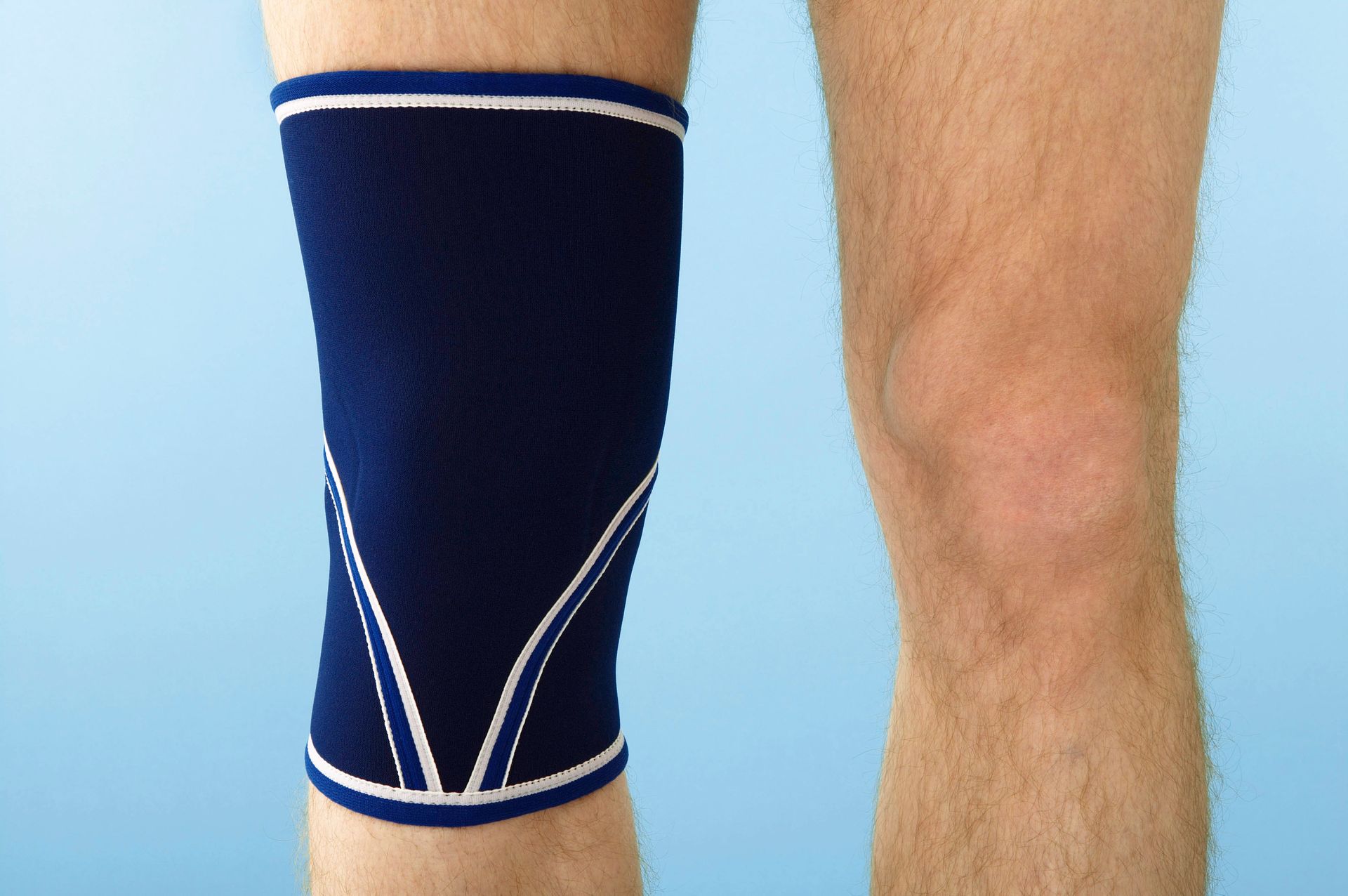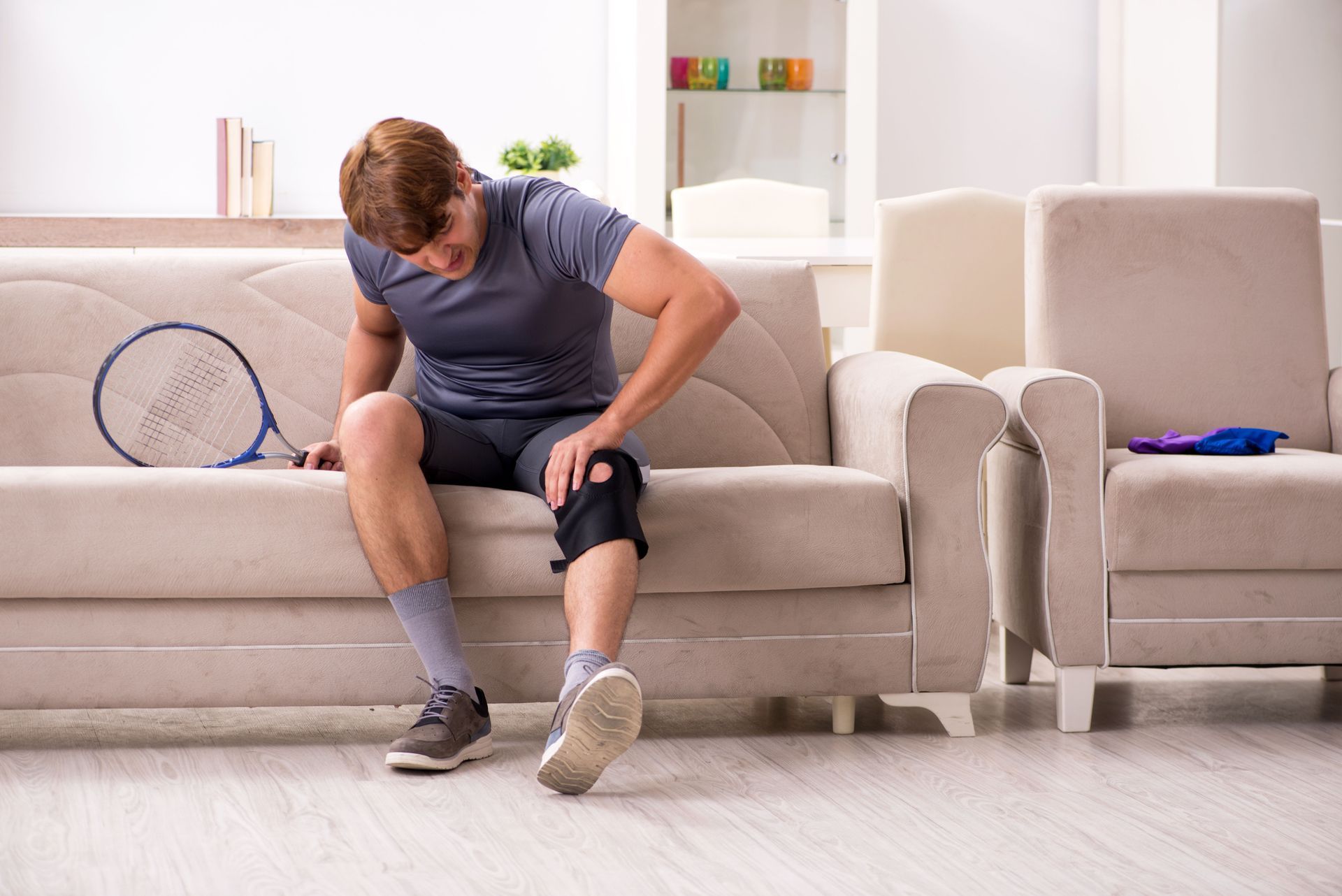December 10, 2024
Knee pain is a common affliction that affects people of all ages and lifestyles, but with its prevalence comes a host of misconceptions. These misunderstandings can prevent individuals from seeking proper treatment, lead to more discomfort, and hinder their daily activities. Many myths about knee pain stem from outdated beliefs or a lack of understanding about its causes and treatments. By clarifying these misconceptions, individuals can make informed decisions about their health and take proactive steps toward managing their pain. In this blog post, we'll explore some of these widespread myths, shed light on the truth, and discuss how understanding knee health can ultimately lead to better outcomes.
1. Knee Pain Only Affects the Elderly
One of the most prevalent misconceptions about knee pain is that it only affects the elderly. While it's true that the risk of knee issues increases with age, many young people also experience knee pain, often due to injuries, overuse, or conditions like patellar tendinitis. Addressing knee problems early, regardless of age, is crucial for maintaining mobility and preventing further complications. Knee pain in younger individuals is often manageable with proper diagnosis and targeted treatment. Ignoring pain because of age can lead to chronic issues later in life and significantly affect long-term mobility and quality of life.
2. Knee Pain Should Be Managed Exclusively With Rest
Another common myth is that knee pain should be managed exclusively with rest. While resting can alleviate pain temporarily, complete inactivity can sometimes exacerbate the condition. In fact, incorporating low-impact activities such as swimming or cycling can strengthen the muscles around the knee and improve mobility. Physical therapy is also incredibly effective, as it focuses on exercises that enhance strength and flexibility, which can be more beneficial than prolonged rest. Combining moderate activity with medical guidance ensures proper recovery and helps prevent future issues by promoting a balanced and active lifestyle.
3. Surgery Is Inevitable for Knee Pain
There's also a belief that surgery is inevitable for anyone suffering from knee pain, especially when issues like osteoarthritis are present. According to the Osteoarthritis Action Alliance, the annual incidence of knee osteoarthritis is highest between 55 and 64 years of age, leading many to assume surgery is the only solution. However, non-surgical treatments such as weight management, customized exercise plans, and medications can significantly reduce pain and improve function for many patients. Surgery should be considered only when these interventions do not provide adequate relief. Exploring all treatment options before opting for surgery can save costs and recovery time while improving long-term outcomes.
4. Knee Pain Is Solely Related to Excess Body Weight
A further misconception revolves around the idea that knee pain is solely related to excess body weight. While it is true that being overweight can increase pressure on the knees, leading to pain, it's not the sole cause. People of all weights can experience knee pain due to various factors such as joint misalignment, previous injuries, or genetic predispositions. Understanding this helps in approaching knee pain with a comprehensive view, looking beyond weight and considering other potential causes. Tailored assessments by healthcare providers can uncover hidden factors contributing to knee pain, ensuring effective and personalized treatment plans.
5. Using Knee Braces Implies Weakness or Worsening Condition
Lastly, many believe that using knee braces or supports implies weakness or worsening of the condition. While it's crucial to rely on structured physical activity for long-term relief, knee braces can provide necessary support during specific activities, thereby reducing discomfort and preventing further injury. They can be an excellent temporary aid, allowing individuals to continue with their daily activities or sports while protecting the knee from undue stress. Embracing such tools can be empowering rather than a sign of decline. Pairing their use with guided rehabilitation ensures optimal recovery and sustained knee health.
Understanding and addressing knee pain correctly requires debunking common myths and adopting a comprehensive approach to treatment. By doing so, individuals can relieve their discomfort, enhance their quality of life, and protect their joints from further damage. If you're experiencing knee pain , consider consulting a healthcare professional to explore personalized strategies for managing it effectively. With the right information and treatment, living an active and pain-free life is entirely possible. Call us at Onofray Physical Therapy today to get started!




